The press is the exclusive literature of the million; to them it is literature, church, and college
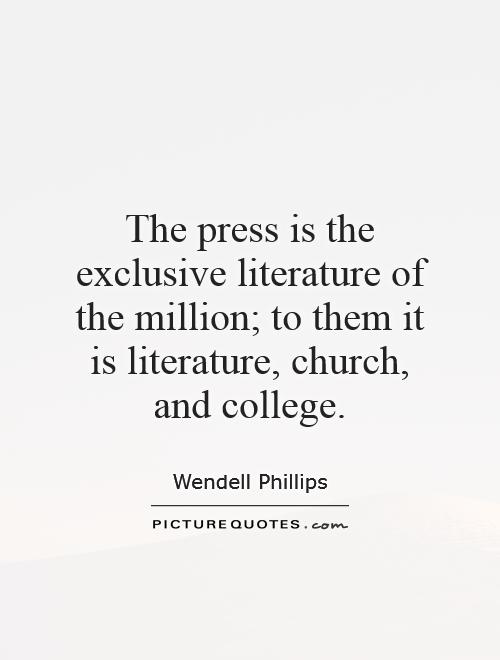
The press is the exclusive literature of the million; to them it is literature, church, and college
Wendell Phillips, a prominent American abolitionist, once famously stated that “The press is the exclusive literature of the million; to them it is literature, church, and college.” This statement highlights the immense power and influence that the press holds over society, particularly in shaping the beliefs and values of the masses.In Phillips’ time, the press played a crucial role in disseminating information and shaping public opinion. Newspapers and pamphlets were the primary sources of news and information for the general population, and they were often used as tools for spreading political ideologies and social movements. As an abolitionist, Phillips understood the power of the press in mobilizing public support for the anti-slavery cause. He used newspapers and public speeches to educate and inspire people to join the fight against slavery, and his words were often quoted and circulated widely in the press.
Phillips’ statement also underscores the role of the press as a form of literature for the masses. For many people, especially those who did not have access to formal education, newspapers and magazines served as their primary source of reading material. The press provided a window into the world of ideas, literature, and culture, and it helped to broaden the horizons of millions of people who would otherwise have been limited in their exposure to new ideas and perspectives.
Furthermore, Phillips’ assertion that the press serves as a “church” and “college” for the masses speaks to the role of the press in shaping moral values and educating the public. In the absence of formal institutions of education and religion, the press often served as a moral compass for society, guiding people on issues of ethics, justice, and social responsibility. Newspapers and magazines were not only sources of information but also platforms for moral and intellectual debate, where readers could engage with complex ideas and engage in critical thinking.

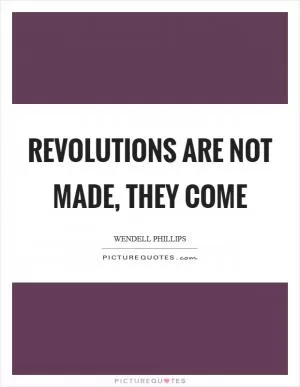
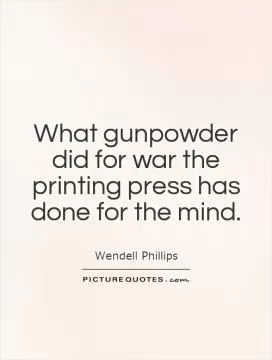
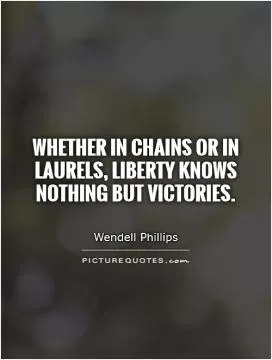
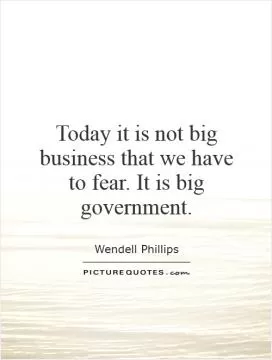
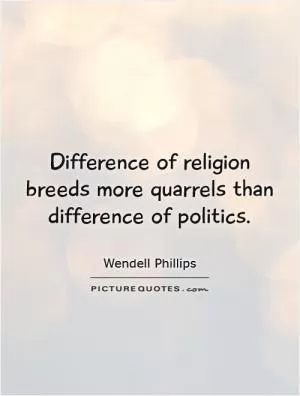
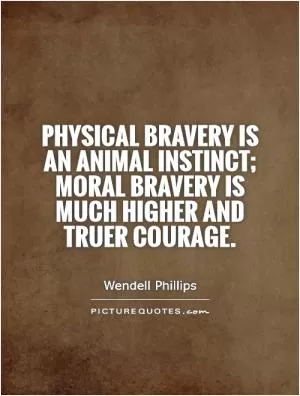
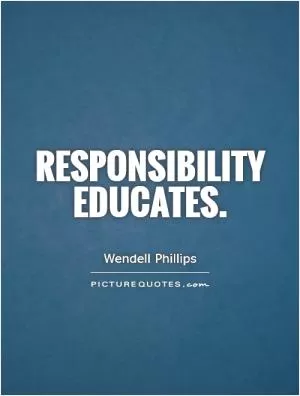
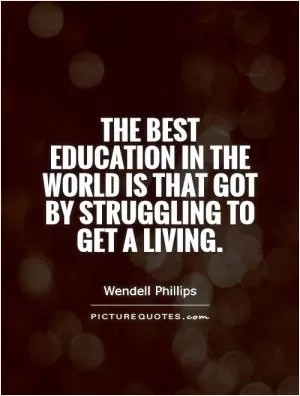
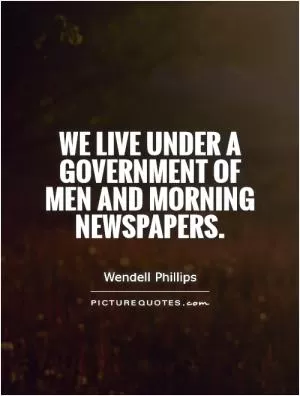
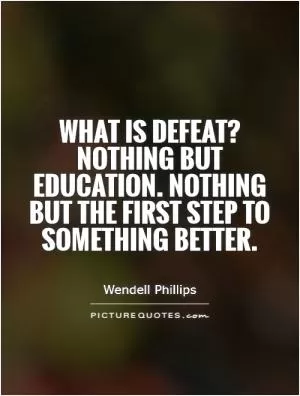
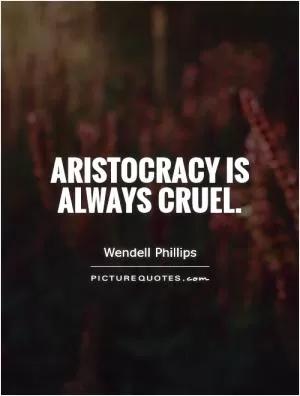
 Friendship Quotes
Friendship Quotes Love Quotes
Love Quotes Life Quotes
Life Quotes Funny Quotes
Funny Quotes Motivational Quotes
Motivational Quotes Inspirational Quotes
Inspirational Quotes